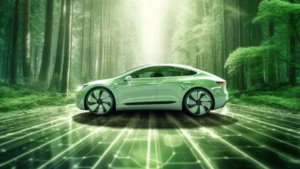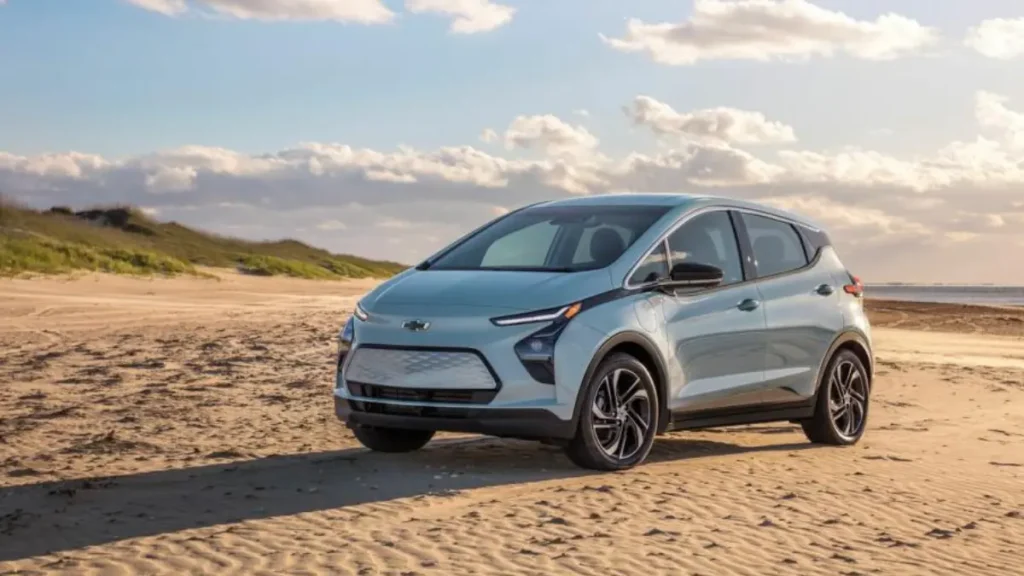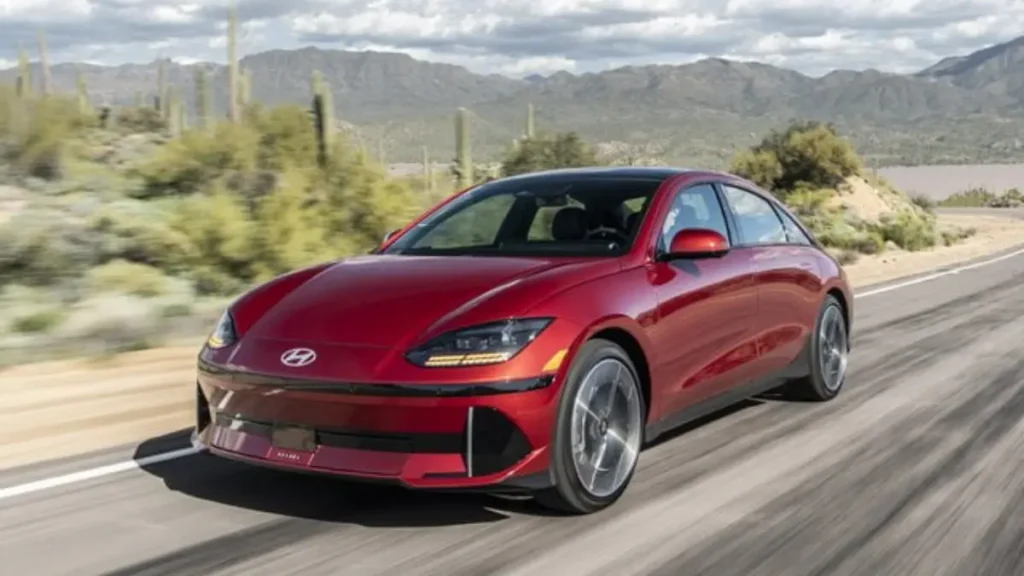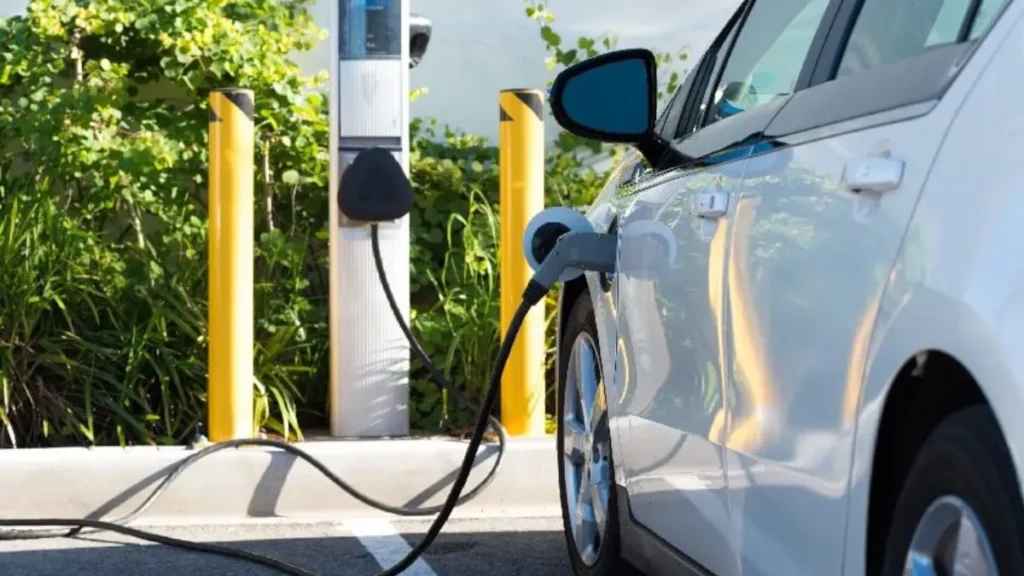Electric vehicles (EVs) have emerged as a significant innovation in the automotive industry, driven by the need for sustainable transportation solutions. By replacing traditional internal combustion engine (ICE) vehicles, EVs offer numerous environmental benefits.
In this article, we explore how electric cars contribute to a healthier planet through reduced emissions, improved energy efficiency, and sustainable practices.
Reduced Greenhouse Gas Emissions
Lower Tailpipe Emissions
One of the most significant environmental benefits of electric cars is their reduction in greenhouse gas (GHG) emissions. Unlike internal combustion engines, EVs produce zero tailpipe emissions. This means they do not emit carbon dioxide (CO₂), methane (CH₄), or nitrous oxide (N₂O)—all potent greenhouse gases that contribute to global warming. By reducing these emissions, EVs help combat climate change and improve air quality.
Cleaner Energy Sources
While EVs themselves produce no emissions, the environmental benefits extend further when the electricity used to charge them comes from renewable sources. In regions where the power grid relies heavily on renewable energy—such as wind, solar, or hydroelectric power—the overall carbon footprint of EVs is significantly lower. As the electricity grid becomes greener, the environmental advantages of electric cars continue to grow.
Improved Air Quality
Reduced Urban Pollution
Electric cars contribute to better air quality, especially in urban areas where vehicle emissions are a major source of pollution. Traditional vehicles release pollutants like nitrogen oxides (NOx), particulate matter (PM), and volatile organic compounds (VOCs), which can lead to respiratory problems, cardiovascular diseases, and other health issues. EVs, by eliminating tailpipe emissions, help reduce these harmful pollutants and improve public health.
Noise Pollution Reduction
In addition to reducing air pollutants, electric cars are much quieter than their gasoline or diesel counterparts. Lower noise levels contribute to reduced noise pollution, creating a quieter and more pleasant environment for urban residents. This can lead to decreased stress and improved quality of life in noisy cityscapes.
Energy Efficiency
Higher Efficiency Compared to Internal Combustion Engines
Electric vehicles are inherently more energy-efficient than internal combustion engine vehicles. Electric motors convert a higher percentage of the energy from the battery into movement compared to gasoline engines, which lose a significant portion of energy as heat. This higher efficiency means that EVs require less energy to travel the same distance, reducing overall energy consumption.
Regenerative Braking
Many electric cars are equipped with regenerative braking systems that capture and store energy typically lost during braking. This process not only improves overall energy efficiency but also extends the vehicle’s range by reusing energy that would otherwise be wasted. Regenerative braking contributes to the efficient operation of the vehicle and reduces the demand for additional energy.
Sustainable Resource Use
Development of Battery Recycling Technologies
The environmental benefits of electric vehicles are further enhanced by advancements in battery recycling technologies. As the adoption of EVs grows, so does the focus on recycling and reusing battery materials. Efforts are underway to develop efficient recycling processes for lithium-ion batteries, which can recover valuable metals like lithium, cobalt, and nickel. This reduces the need for raw material extraction and minimizes the environmental impact of battery production.
Reduction in Resource Extraction
Electric cars also help reduce the environmental impact associated with the extraction and processing of fossil fuels. By decreasing the demand for gasoline and diesel, EVs contribute to lower oil extraction, refining, and distribution activities. This can lead to reduced habitat destruction, lower risks of oil spills, and decreased environmental degradation associated with fossil fuel extraction.
Integration with Renewable Energy
Solar-Powered Charging Solutions
The environmental benefits of electric vehicles are amplified when they are charged using renewable energy sources. Solar-powered home charging solutions are becoming increasingly popular, allowing EV owners to charge their vehicles using solar energy generated on-site. This further reduces the carbon footprint of driving an electric car and supports the transition to a more sustainable energy system.
Smart Grid Integration
Electric cars can also play a role in integrating renewable energy into the power grid. Some EVs and charging stations are equipped with vehicle-to-grid (V2G) technology, which allows them to store and return excess electricity to the grid. This capability helps balance energy supply and demand, supports grid stability, and facilitates the increased use of renewable energy sources.
Long-Term Environmental Impact
Contribution to Climate Goals
The widespread adoption of electric vehicles supports global climate goals by reducing greenhouse gas emissions and promoting cleaner energy sources. Many countries have set ambitious targets for reducing carbon emissions and increasing the share of renewable energy in their power grids. By aligning with these goals, electric cars help accelerate the transition to a low-carbon future.
Increased Awareness and Adoption
The growing popularity of electric vehicles also raises awareness about environmental issues and sustainable practices. As more people experience the benefits of EVs, there is a greater demand for green technologies and a shift towards more sustainable lifestyles. This can lead to broader changes in transportation, energy consumption, and environmental policies.
Conclusion
Electric cars offer substantial environmental benefits, including reduced greenhouse gas emissions, improved air quality, and greater energy efficiency. By eliminating tailpipe emissions and utilizing cleaner energy sources, EVs contribute to a healthier planet and support the transition to sustainable transportation. Advances in battery recycling and integration with renewable energy further enhance these benefits, making electric vehicles a crucial component of efforts to combat climate change and protect the environment.




